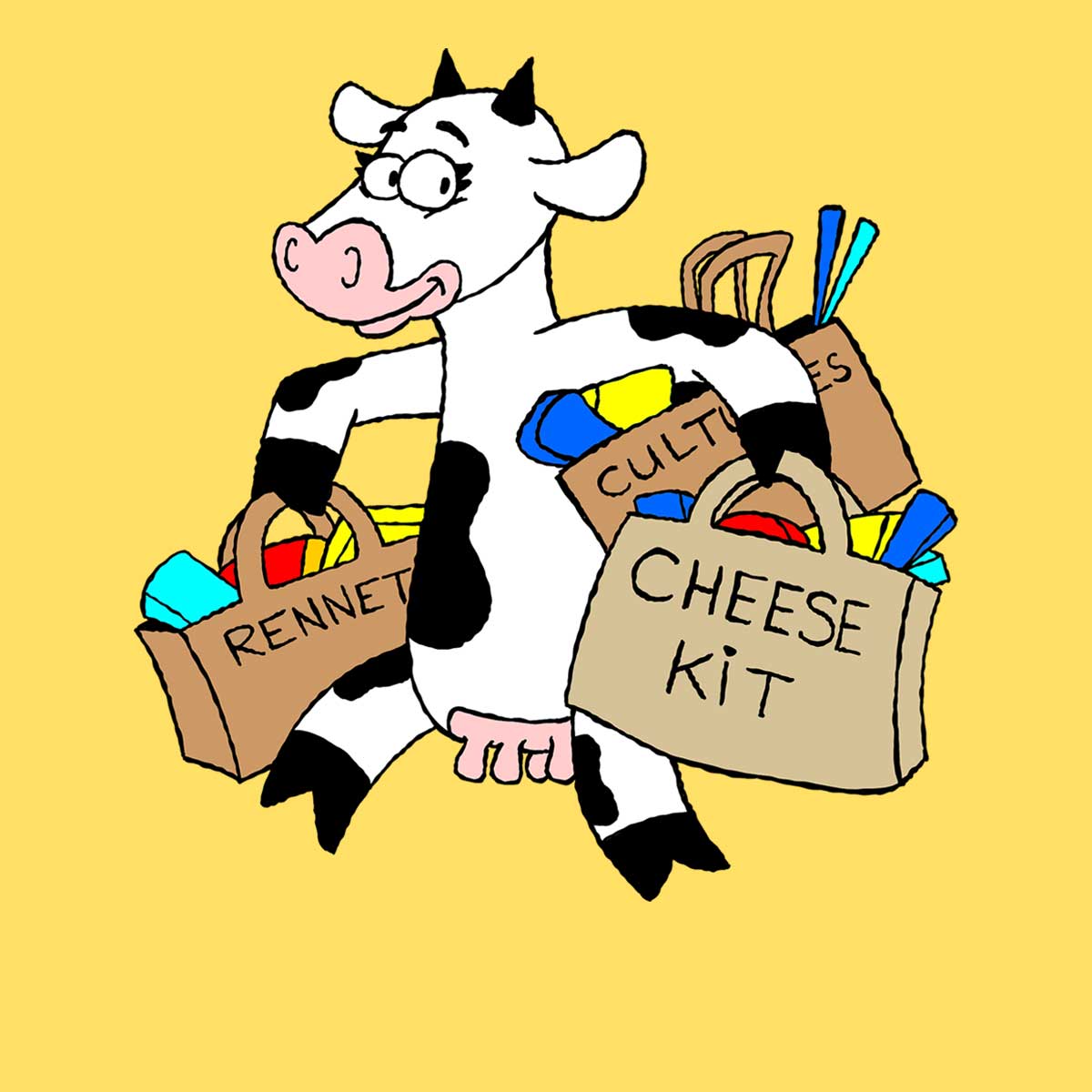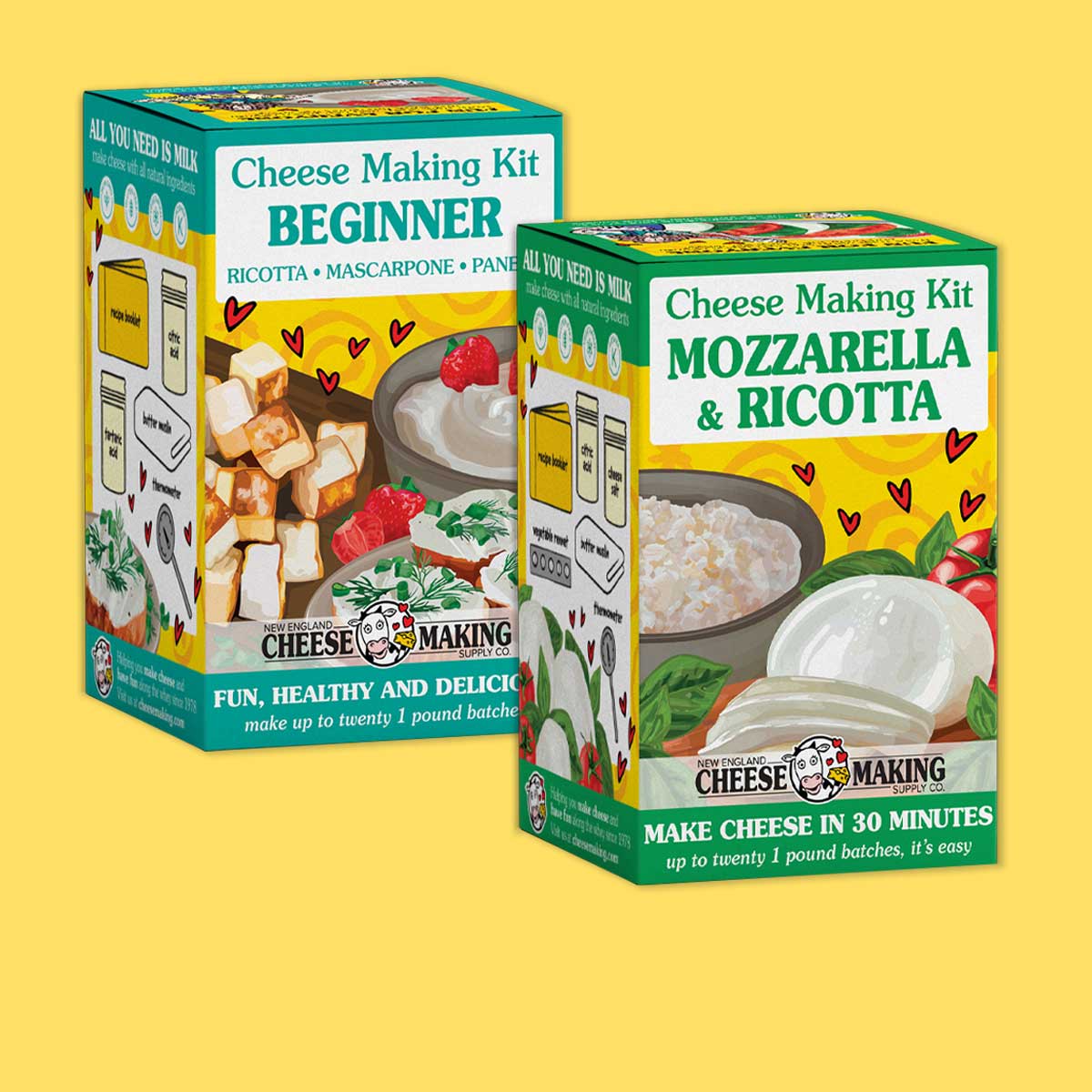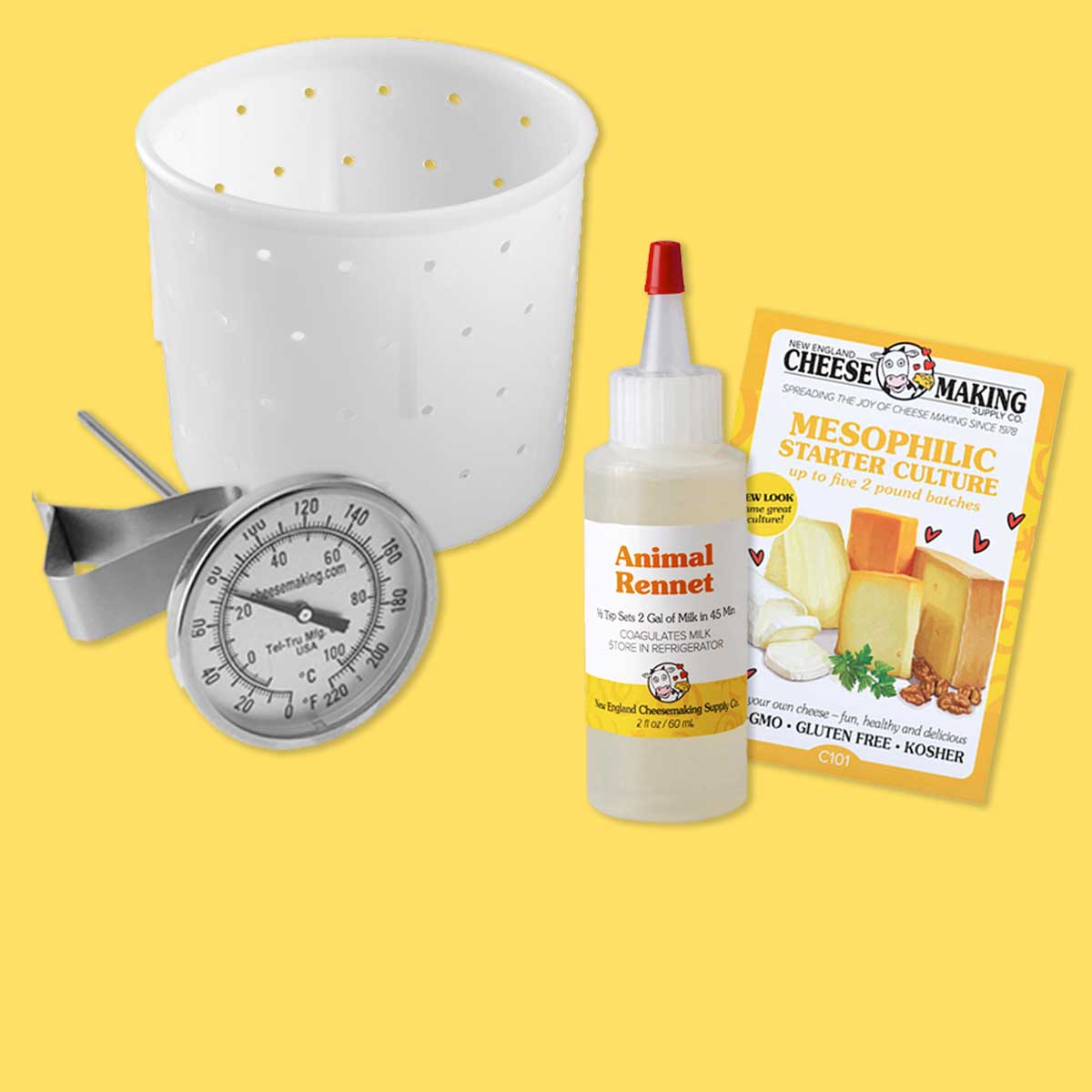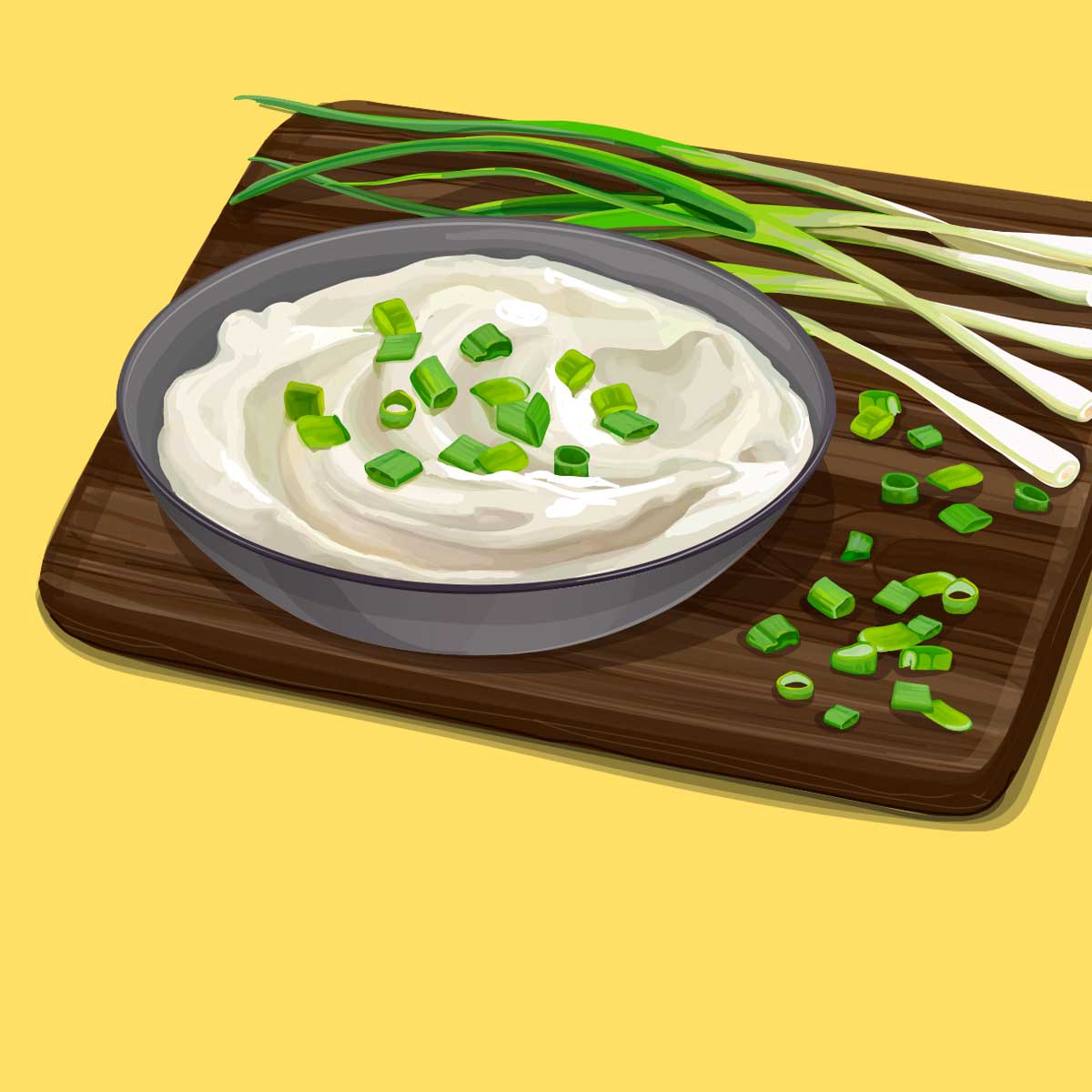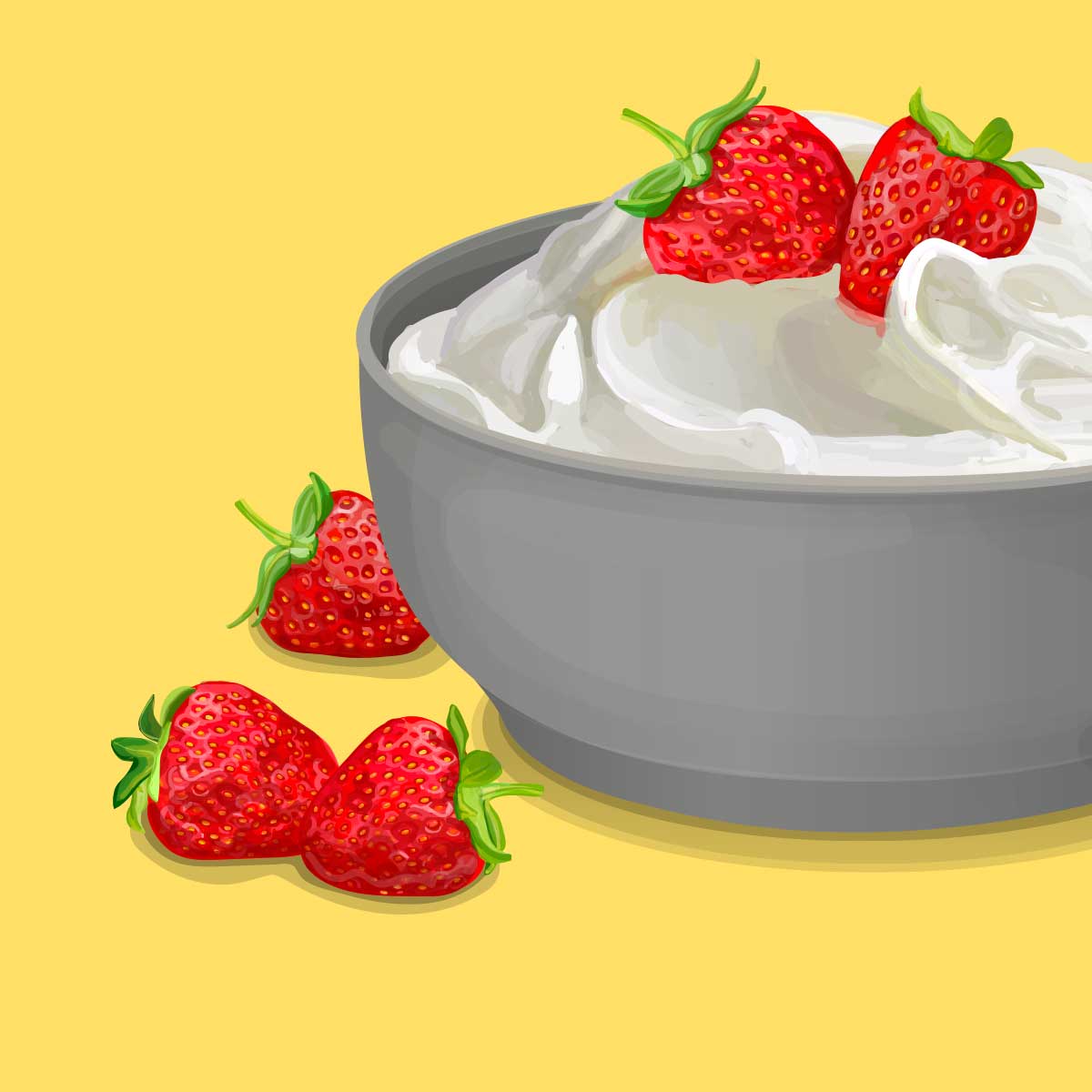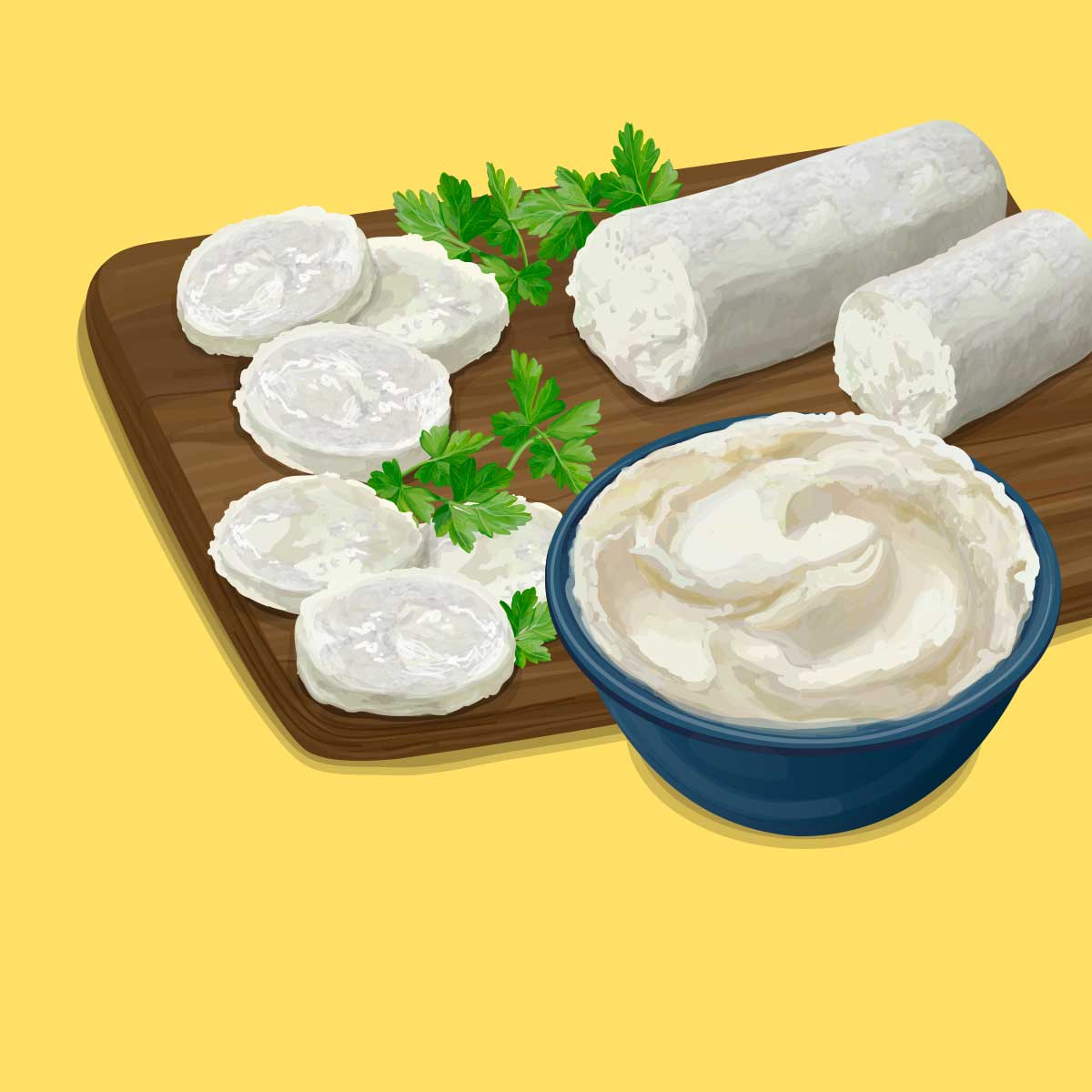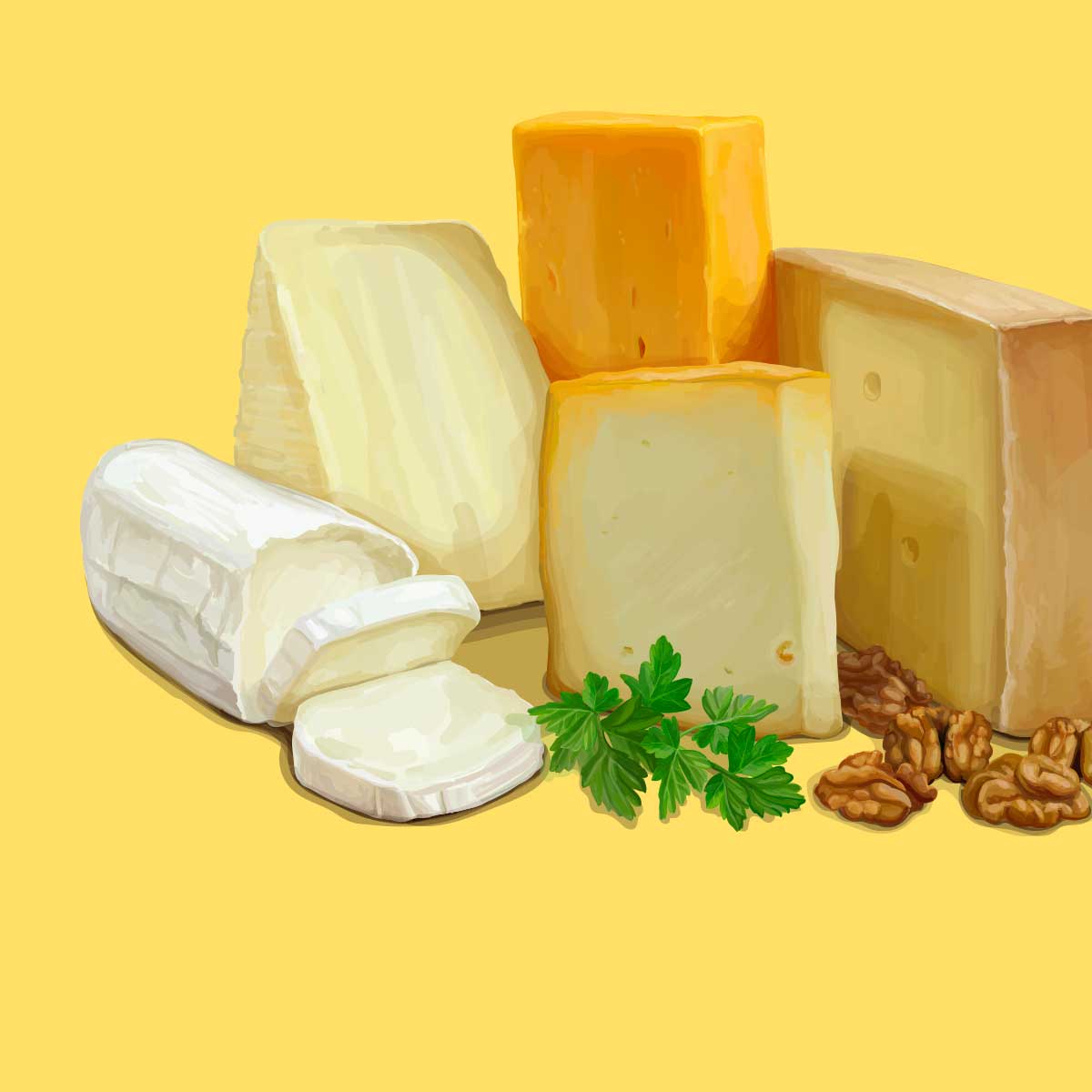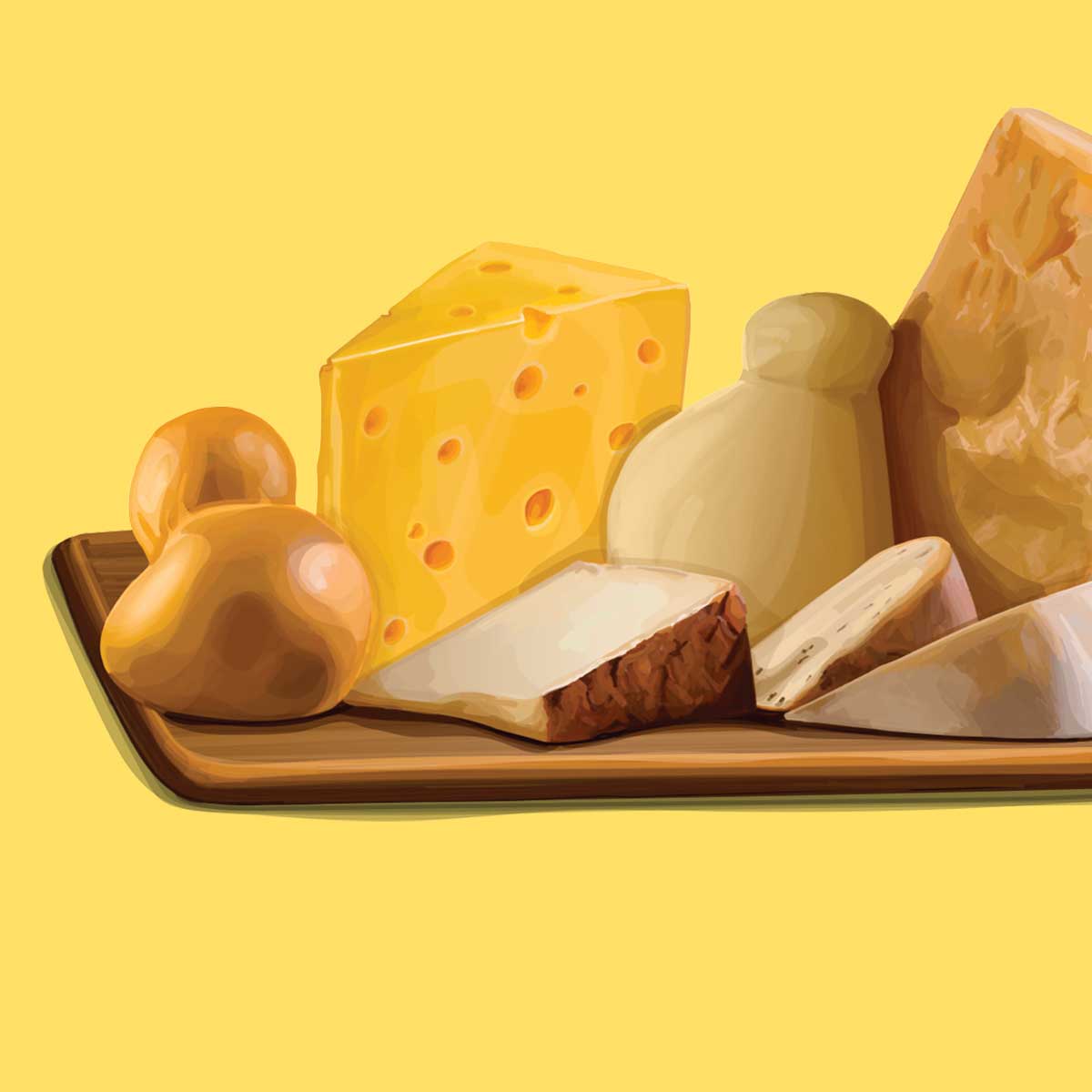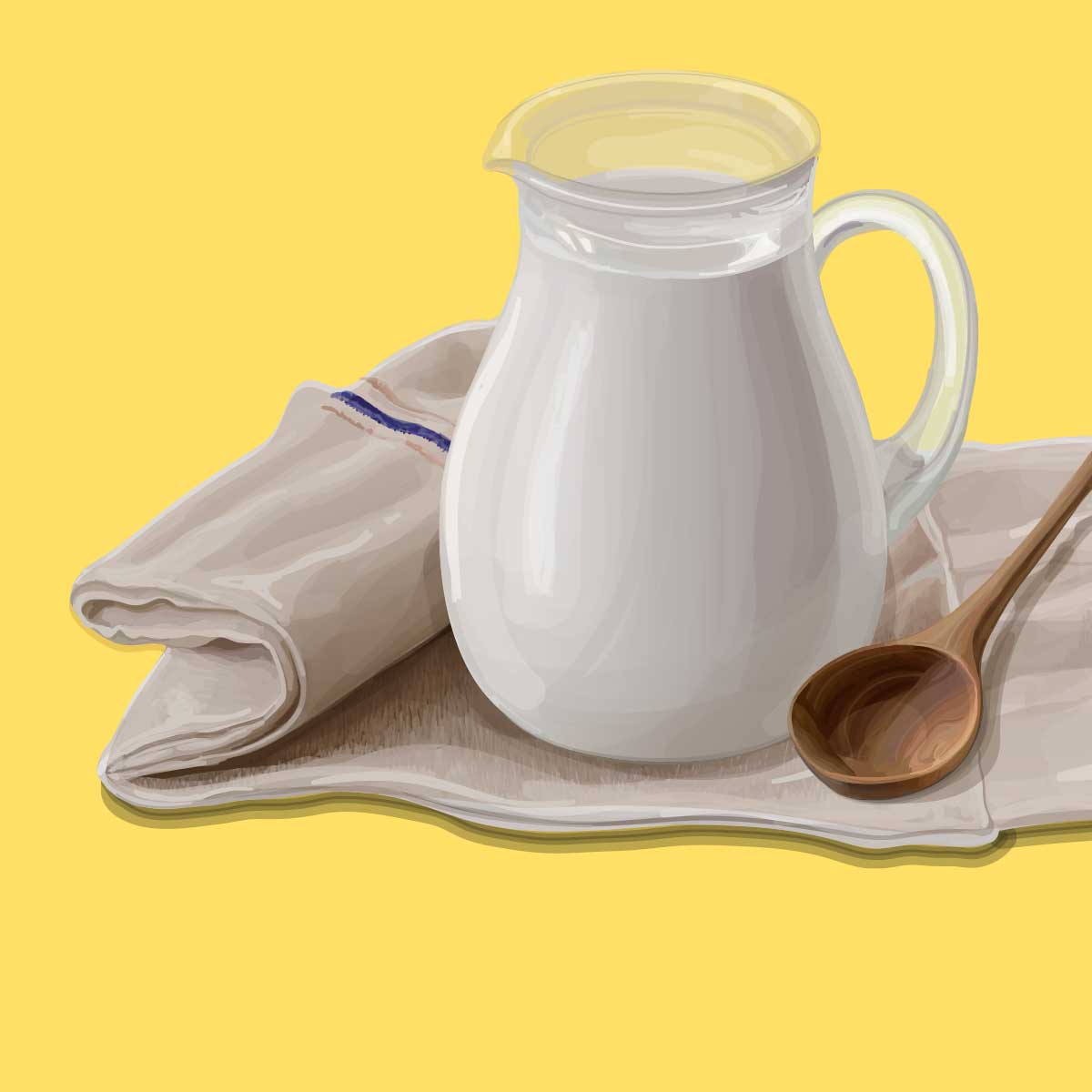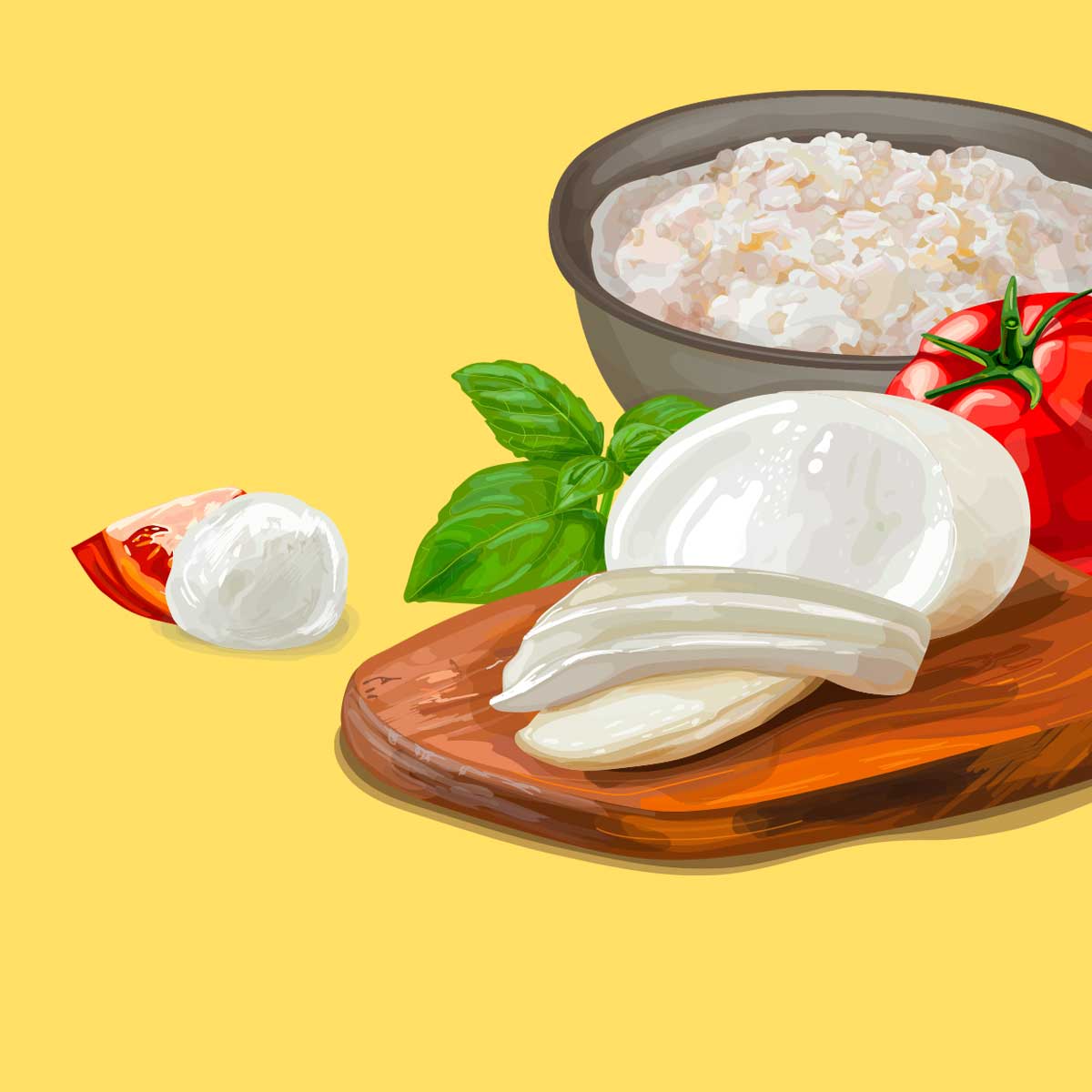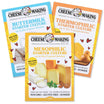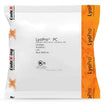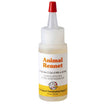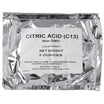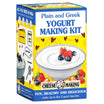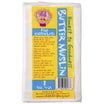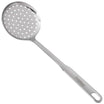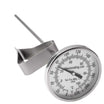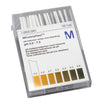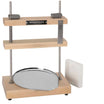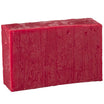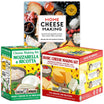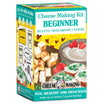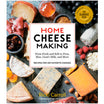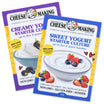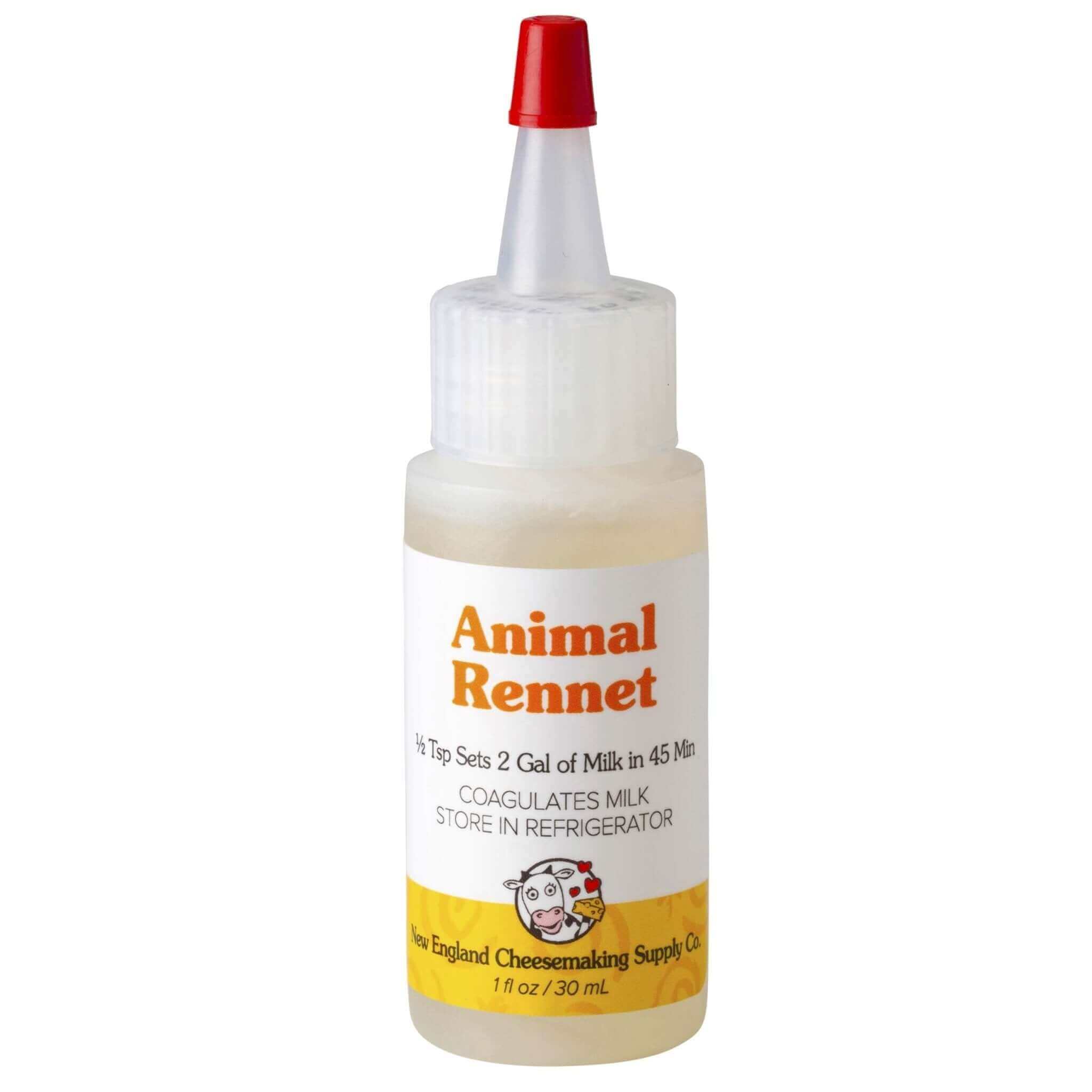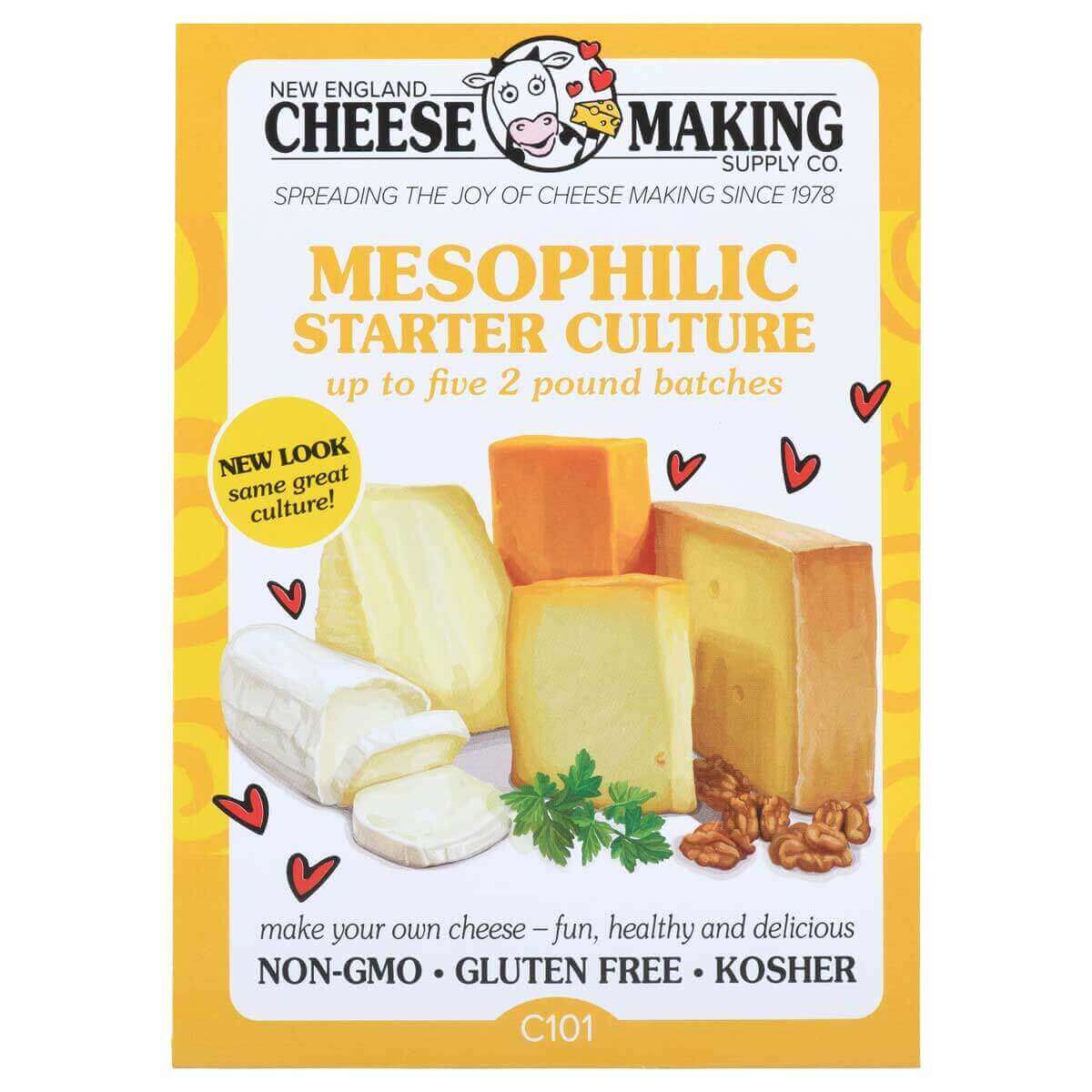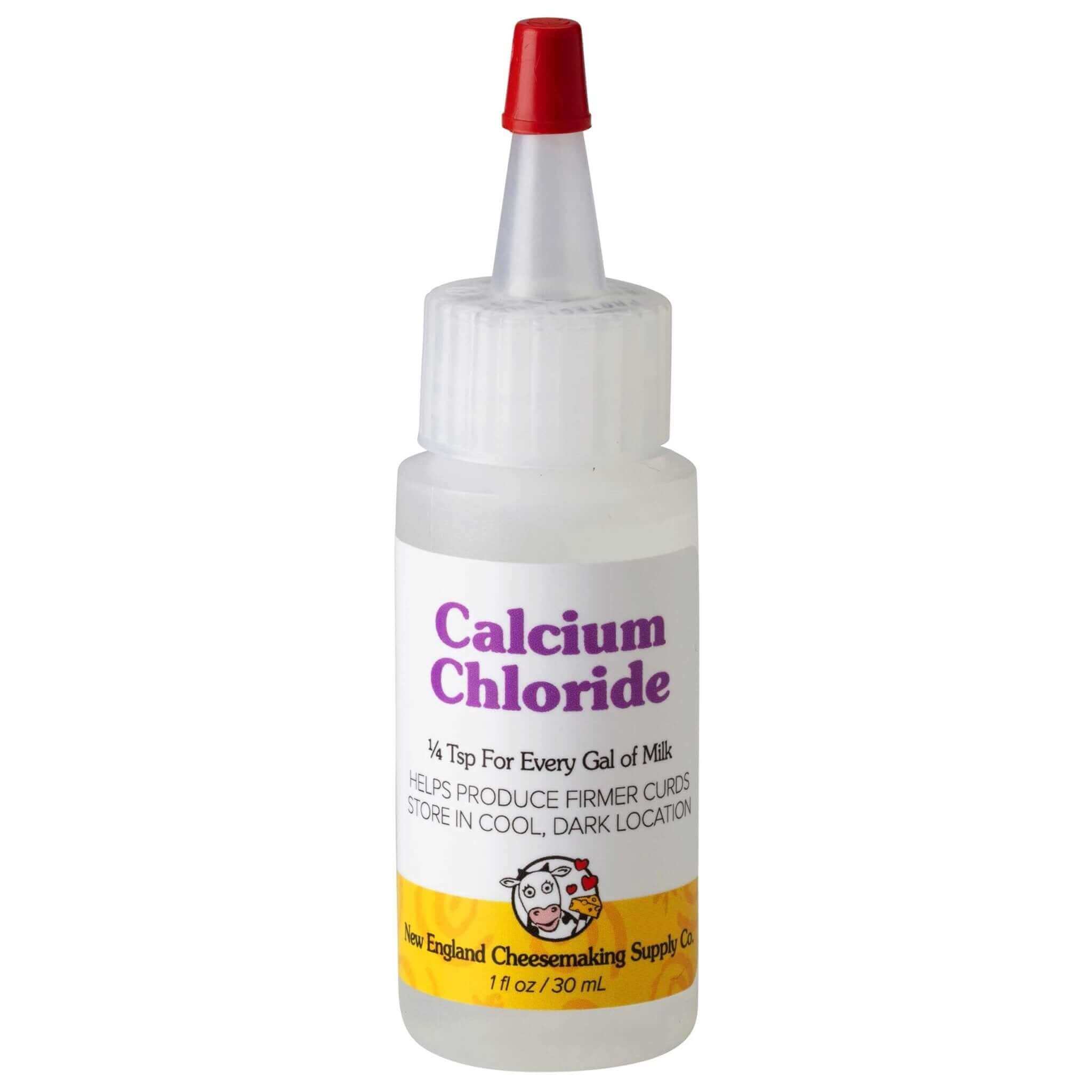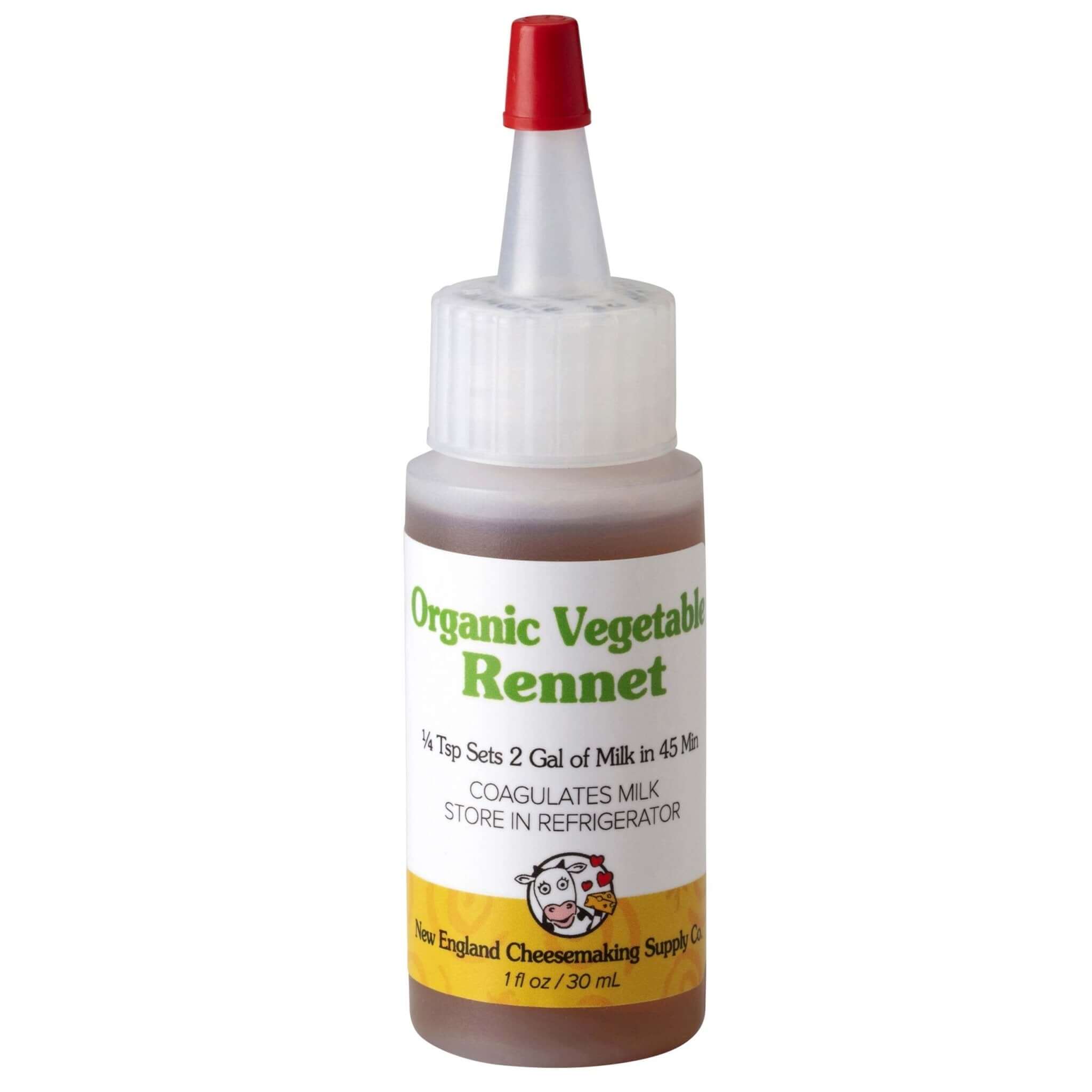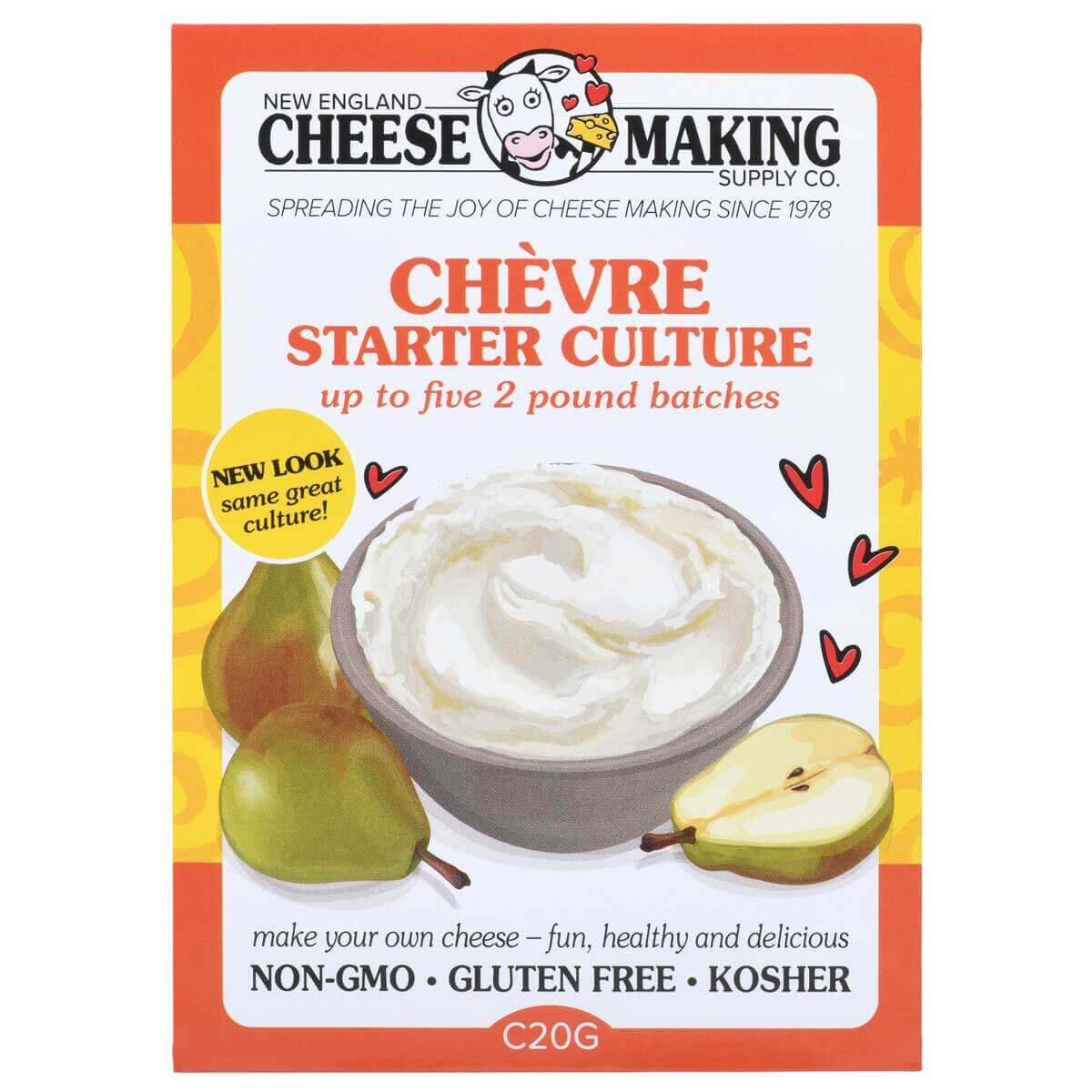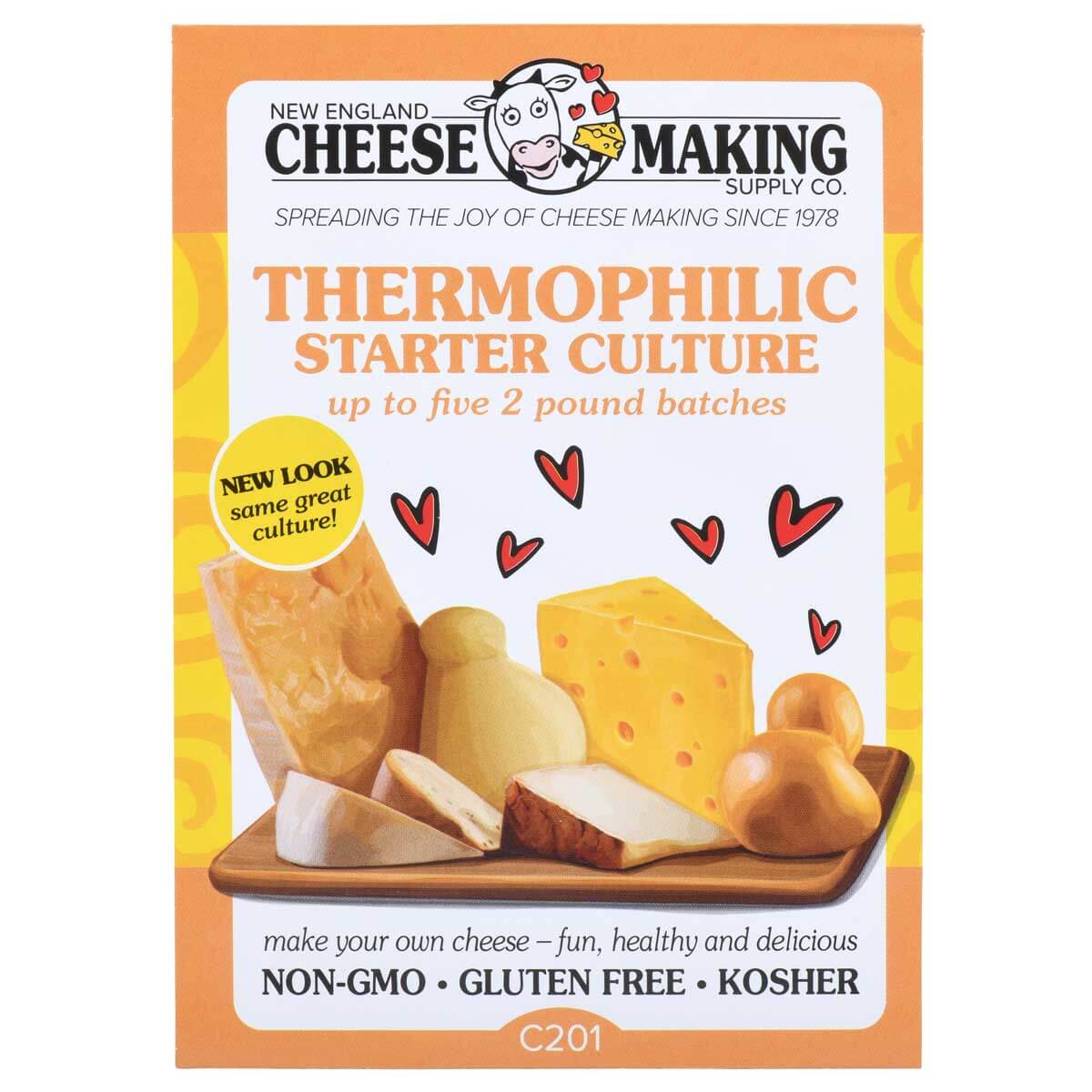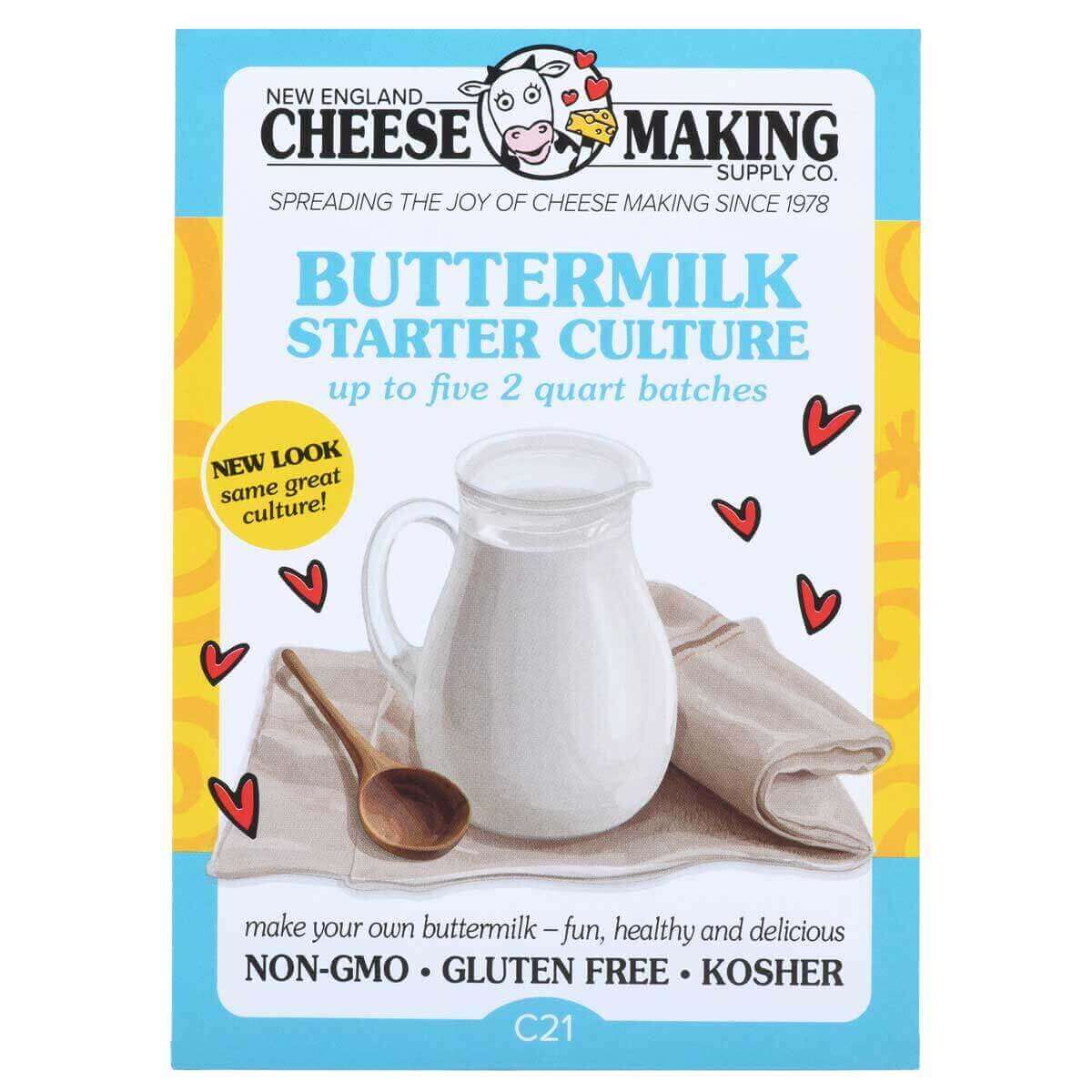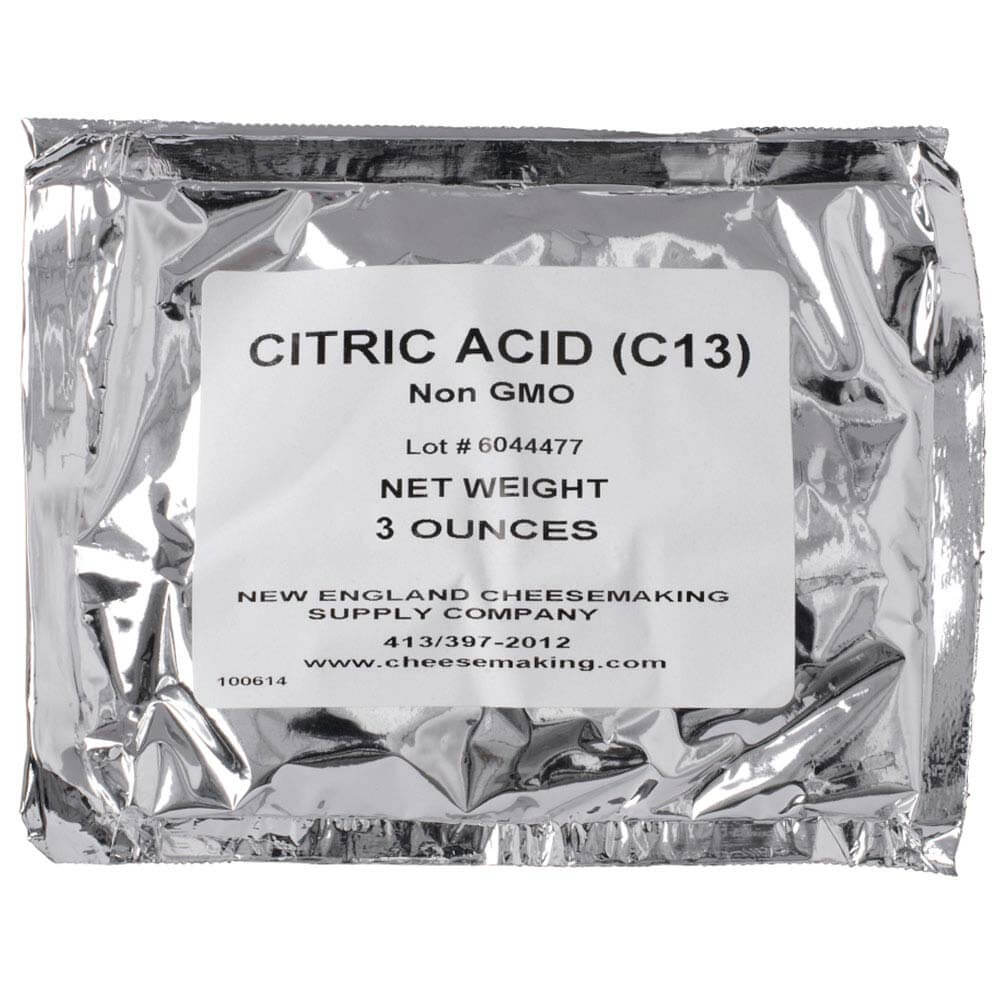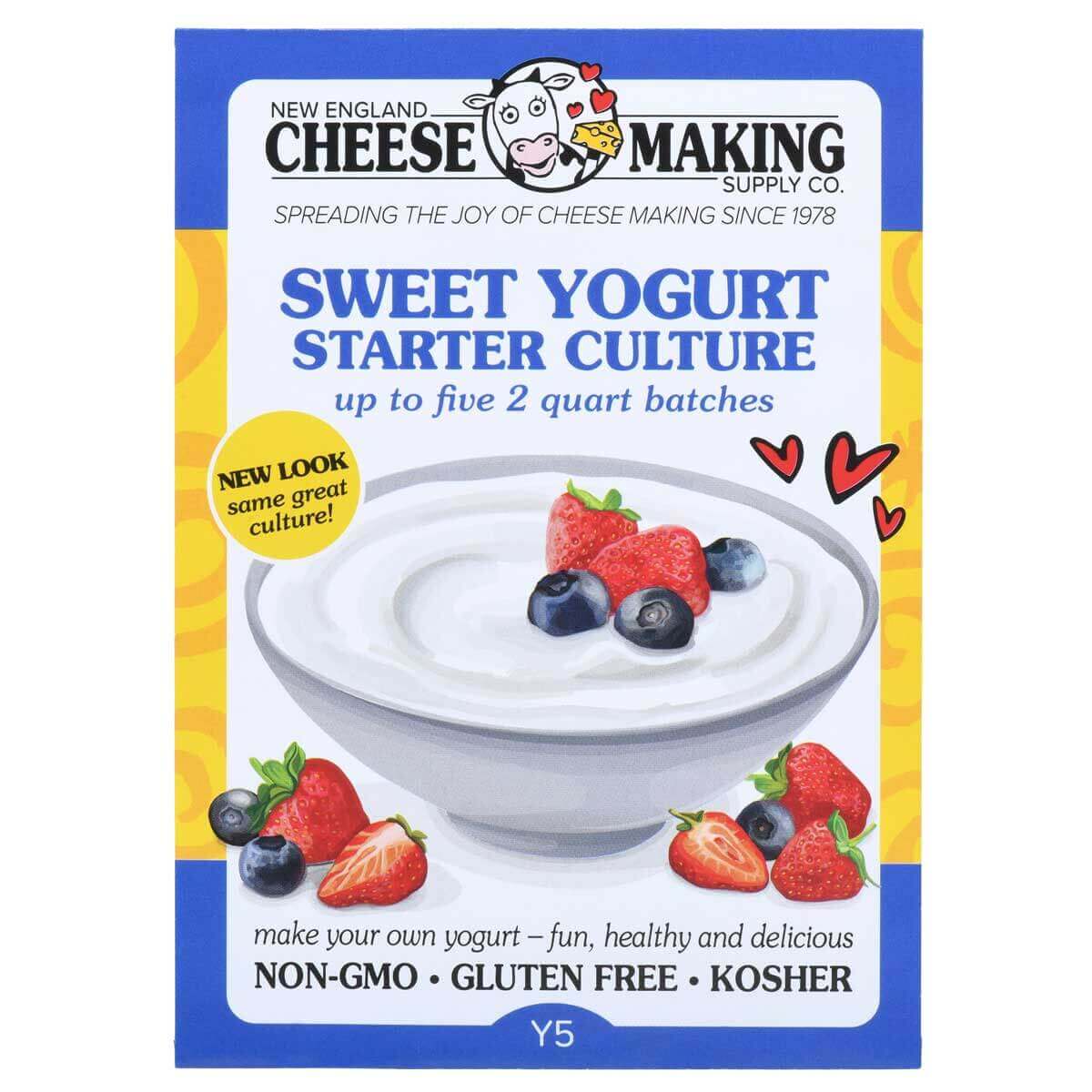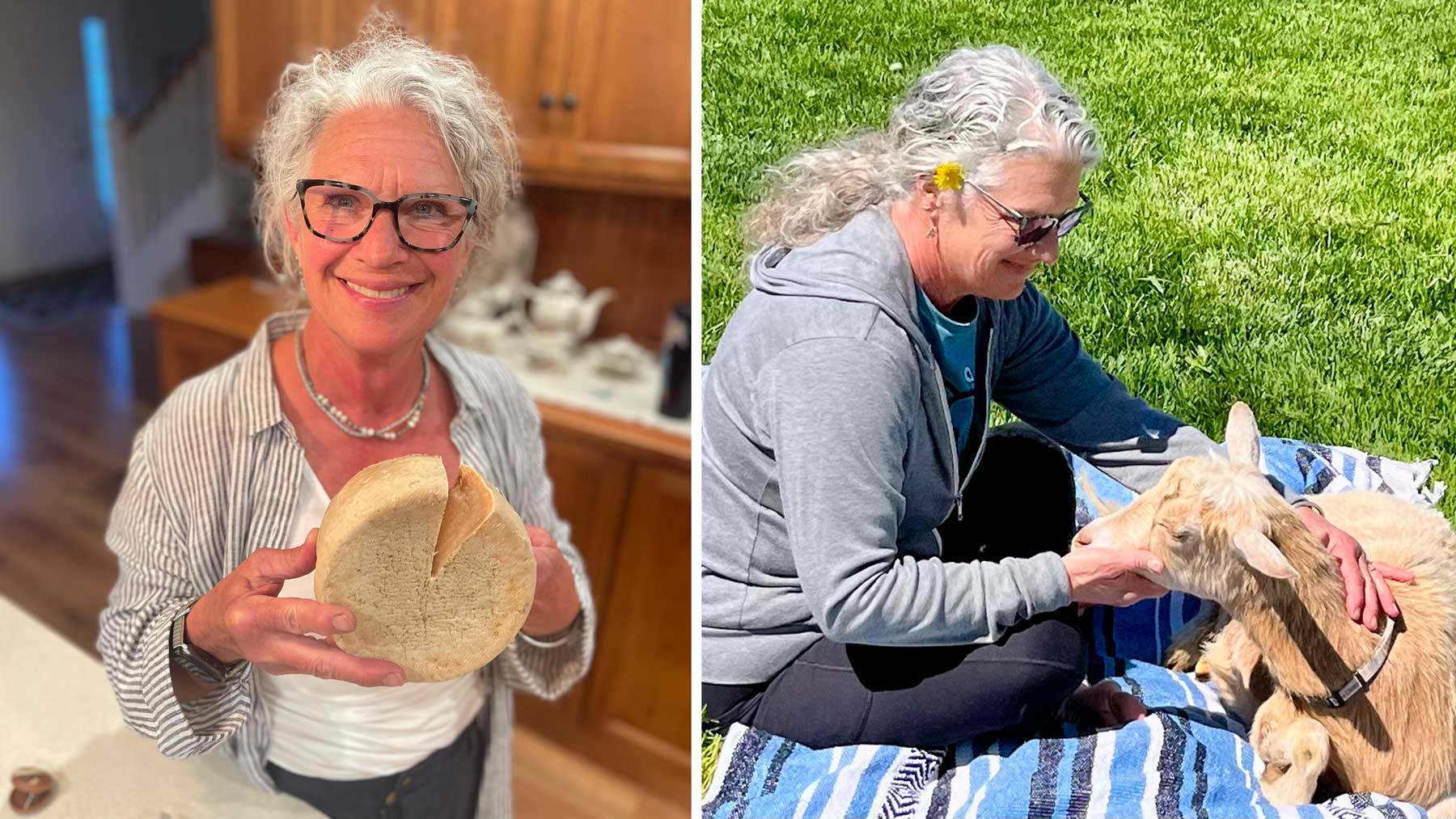
Curds, Goats & Gratitude: Life on Bluebird Meadow Farm
The First Goat, The First Cheese Eighteen years ago, on a quiet stretch of land in Ada, Michigan, Lisa Johnson brought hom...
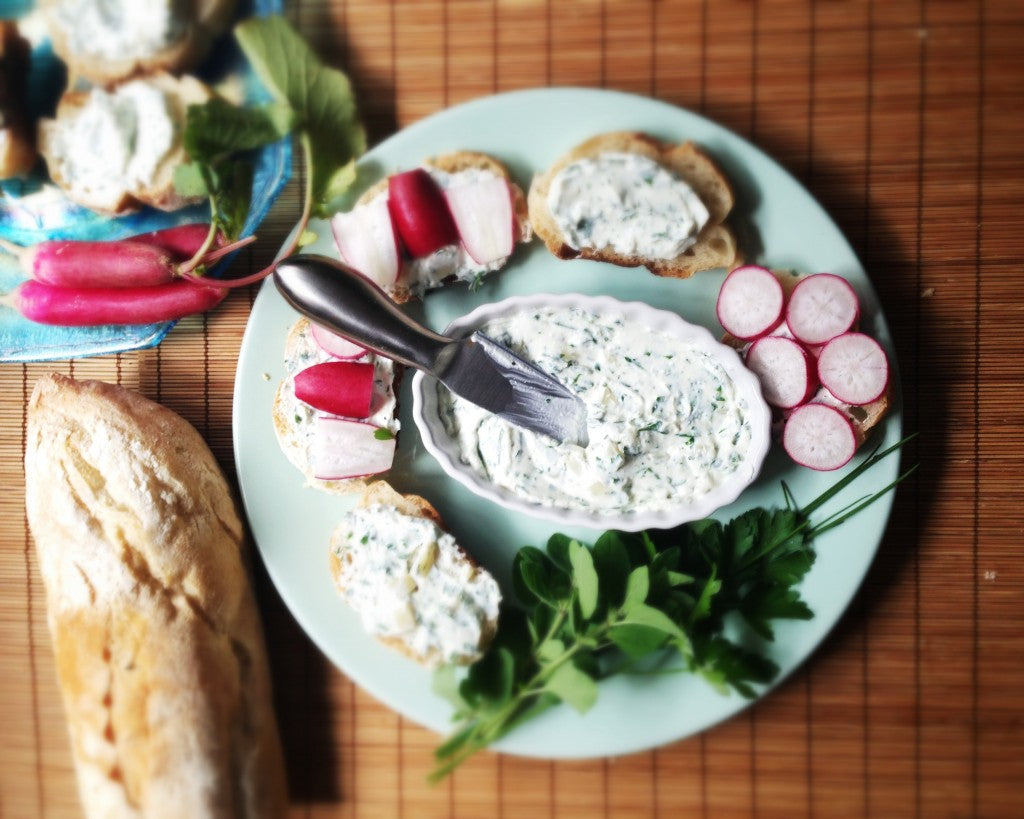
5 Fresh Spring Cheeses to Make at Home | Easy, Seasonal Cheese Recipes
Spring: A Season of Renewal (and Cheese!) Spring is a season of beginnings. The days grow longer, the soil warms, and ever...
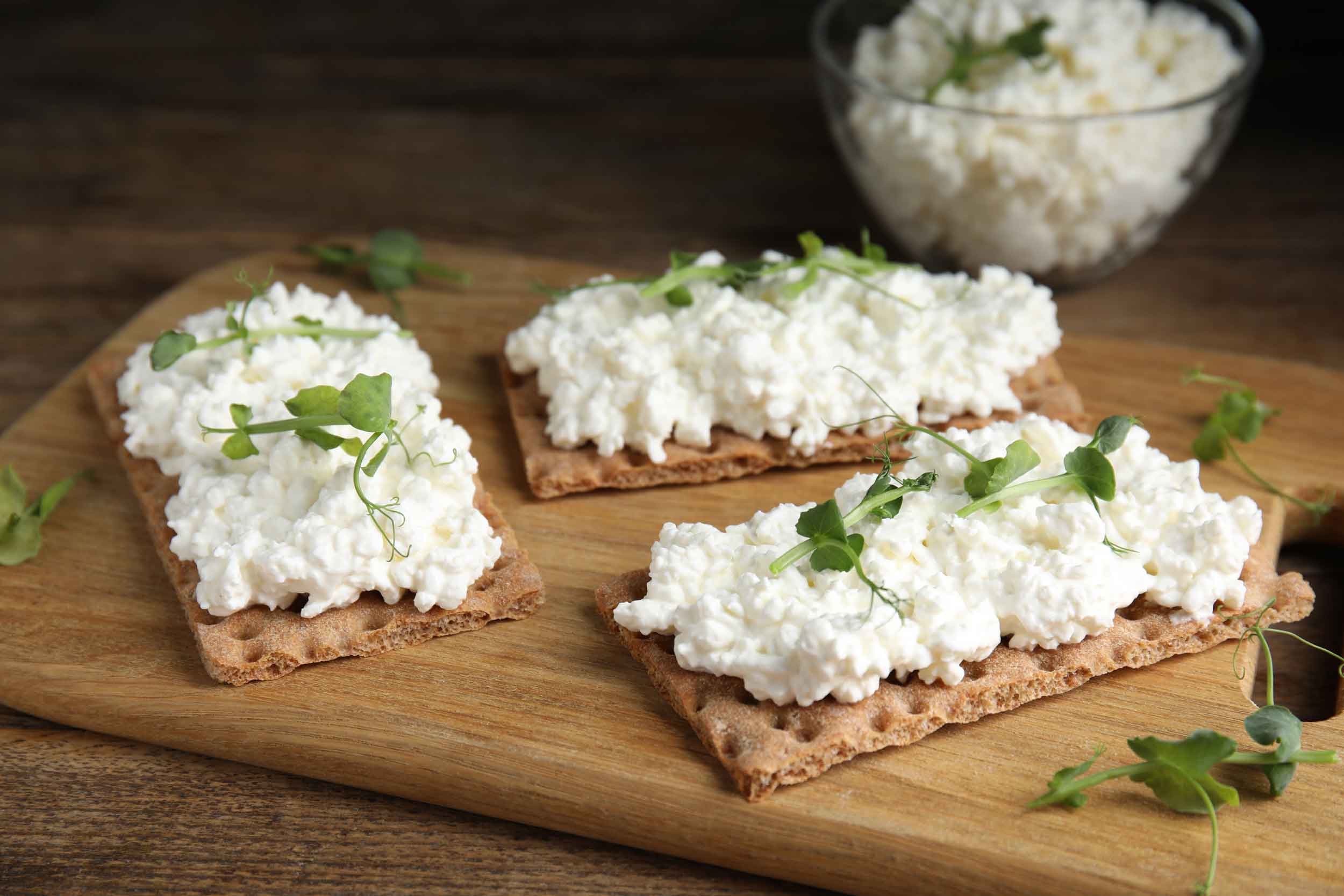
Good Cultured Cottage Cheese: Fresh and Healthy
What Is Cultured Cottage Cheese? Cultured cottage cheese is a fresh, creamy cheese that’s naturally fermented using benefi...
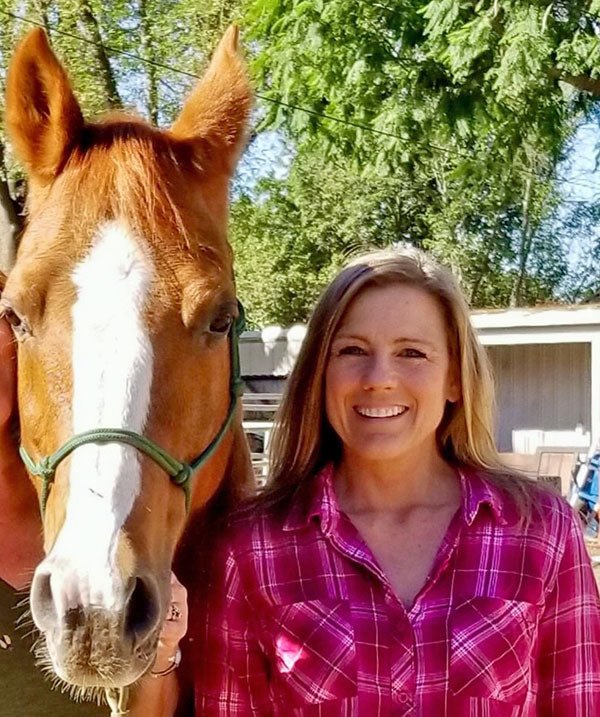
Kristy Foster in Yorba Linda, California
Kristy Foster and ? If you live near Yorba Linda, CA (35 miles southeast of downtown Los Angeles), you might notice dust...
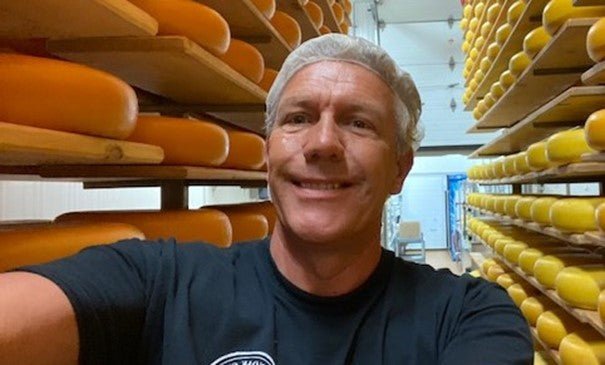
Leon Graafland in Toronto, Ontario, Canada
Leon Graafland in the tulip fields, 20 miles outside Gouda. I grew up in the Netherlands; just outside Gouda in a small ...
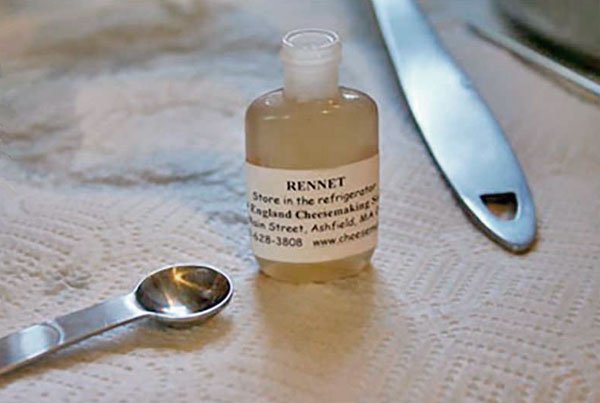
Submitted by Kate Johnson and Kelly Liebrock of The Art of Cheese in Longmont, CO February 21, 2023 Rennet is an importan...
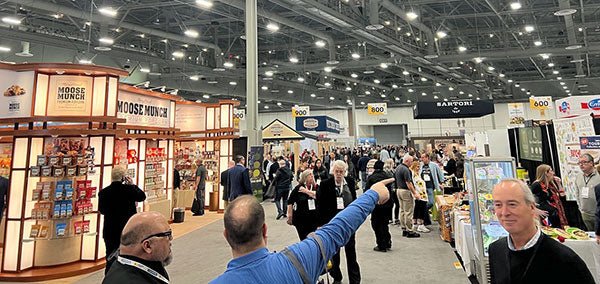
Pictures from the Winter Fancy Food Show, 2023
Colleagues Ritz Guggiana (RG Consultants) and David Viviani (www.vivianimarketing.com) Ten years ago, I went to the Summ...

Rita den Otter in Duncan, BC, Canada
Rita with her old Springer, Farley (14 1/2) and her pup, Abby (4 months) on a camping trip to Quadra Island off the east ...
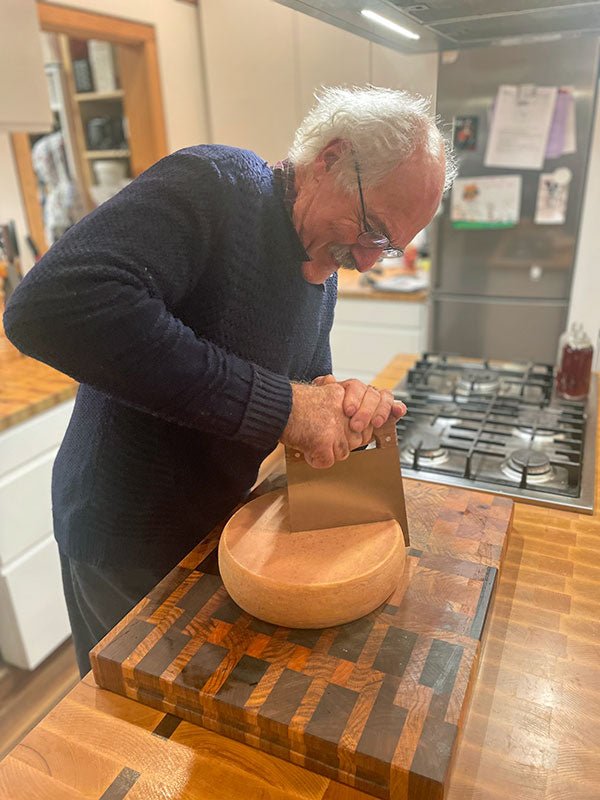
Andres Schneiter in Maple Ridge, British Columbia, Canada
Andres Schneiter with his Raclette If you’re on our mailing list at cheesemaking.com, you’re familiar with the Monday Mo...
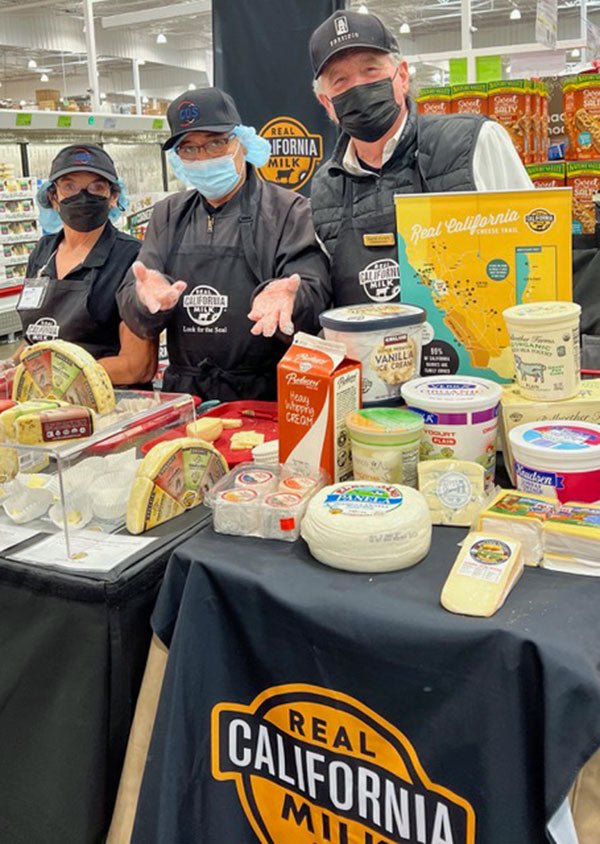
Celso David Viviani in San Francisco, California
David Viviani at a reception for President Sergio Mattarella of Italy, at San Francisco’s Fairmont Hotel. He was honored...
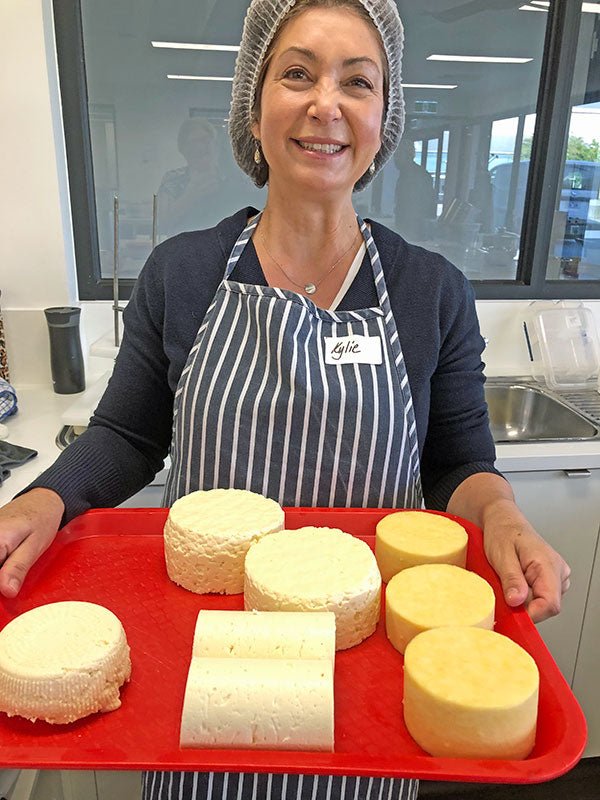
Kylie Carnegie in Melbourne, Victoria, Australia
Kylie with Rémy, her 18 month old Schipperke. Kylie is just starting her cheesemaking adventure, thanks to the gift of a...
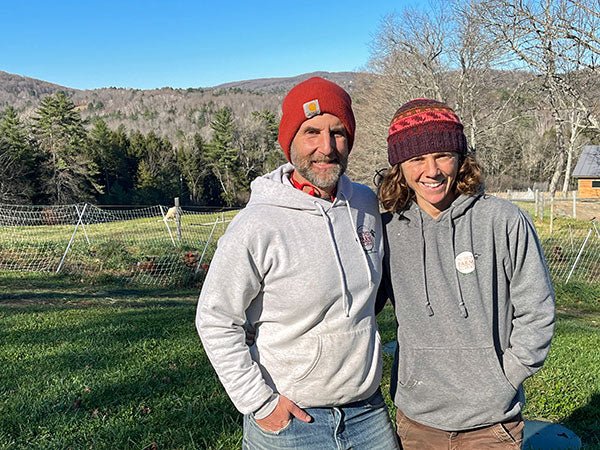
Fat Sheep Farm in Hartland, Vermont
Todd Heyman and Suzy Kaplan of Fat Sheep Farm When Suzy Kaplan & Todd Heyman decided to get married, 6 & 1/2 yea...
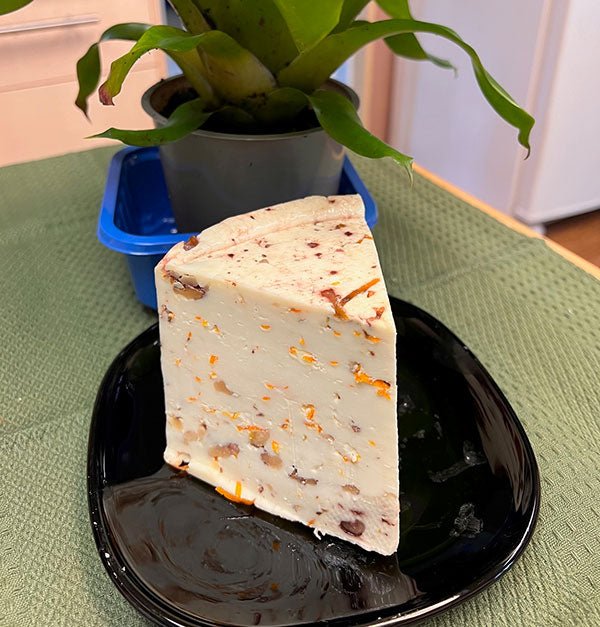
Marybeth Bullington's Orange-Walnut Holiday Cheese
Marybeth’s fabulous holiday cheese. Good news! It’s not too late to make cheese for the holiday season. Caerphilly is o...

Gift Ideas for Cheesemakers and Cheese Lovers
Pin, $2, teepublic.com The giving season is coming up! It’s a little early but we think it’s a good idea to plan ahead ...
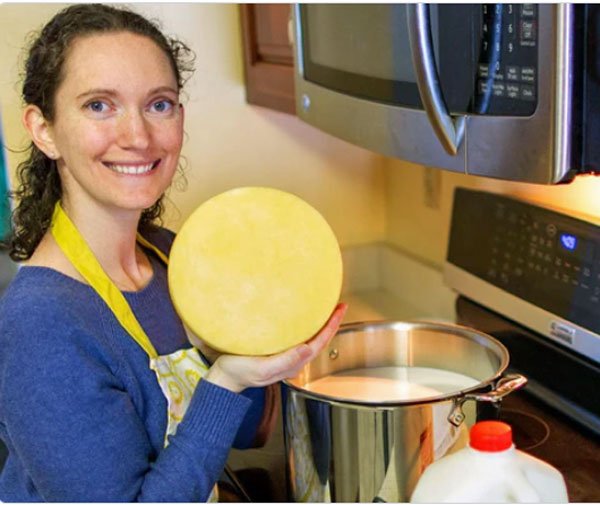
Cheesemaking Classes in the U.S. (Current)
Sarah Carroll at her Cheesemaking 101 workshop at New England Cheesemaking Supply Co. We first made this list in 2011 a...
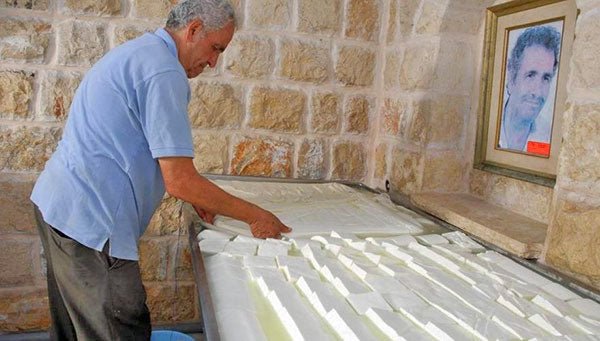
Yoel Blumberger: On the Role of Cheese in Israel
Yoel Blumberger making Camembert Yoel lives in Tel Aviv where he belongs to a group of cheesemakers who travel around t...
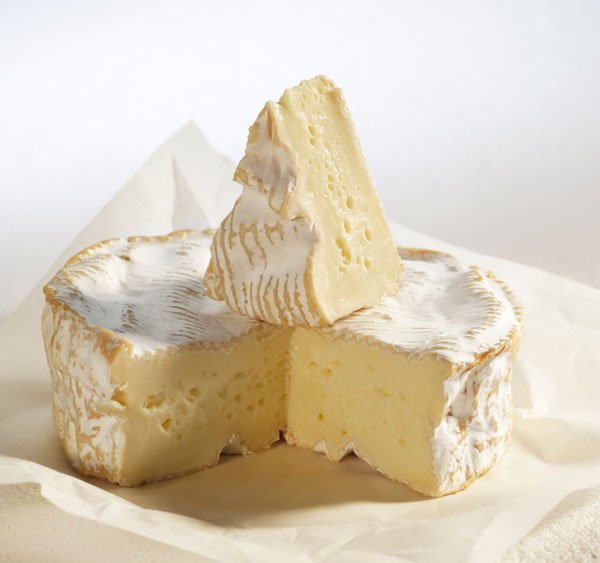
Yoel Blumberger: Camembert de Normandie AOP and the Flocculation Point Method
Picture by Yoel Blumberger. Sources: freeworldmaps and Dairy Products of France In this article, Yoel Blumberger (a h...
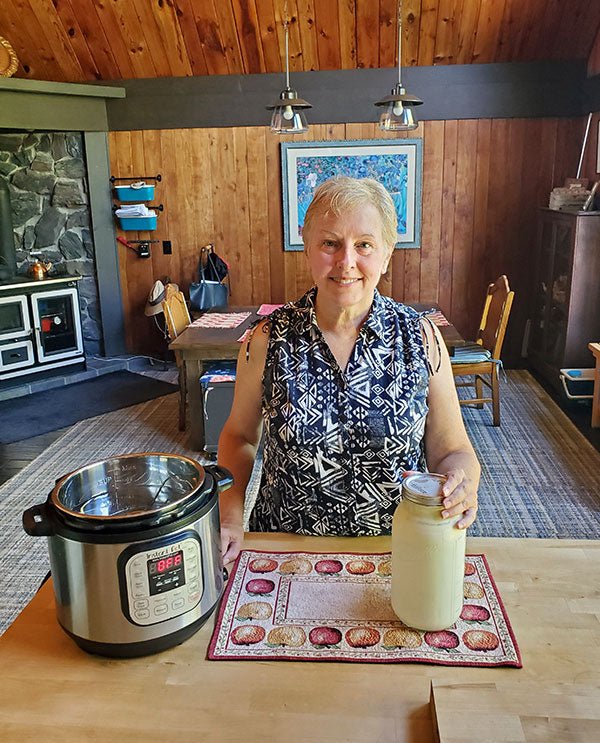
Ivy Netzel in Gourley Township, Michigan
Ivy Netzel, making kefir Ivy’s Story I live in a quiet little hamlet called Jam Dam (unincorporated Gourley Township) on...
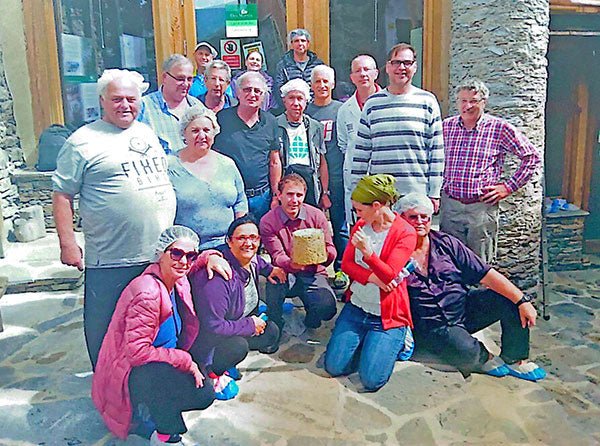
Yoel Blumberger: Cheesemaking Group in Israel and a Recipe for Castelmagno
Part of the group (with Castelmagno cheese) in front of a dairy high in the Italian Alps. Yoel is the 4th in (from right...

Hilda Elena Thielen in Marietta, Georgia
Hilda Elena Thielen Hilda loves to cook with natural/minimal ingredients so cheesemaking is a perfect fit. She has 3 ad...
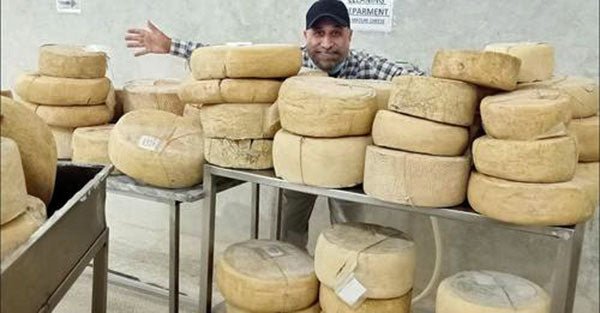
Imran Saleh in Pakistan - Camel Milk Cheese
Imran with a few of his artisan cheeses. This is our 9th post about Imran since 2013. Since we first got to know him, h...
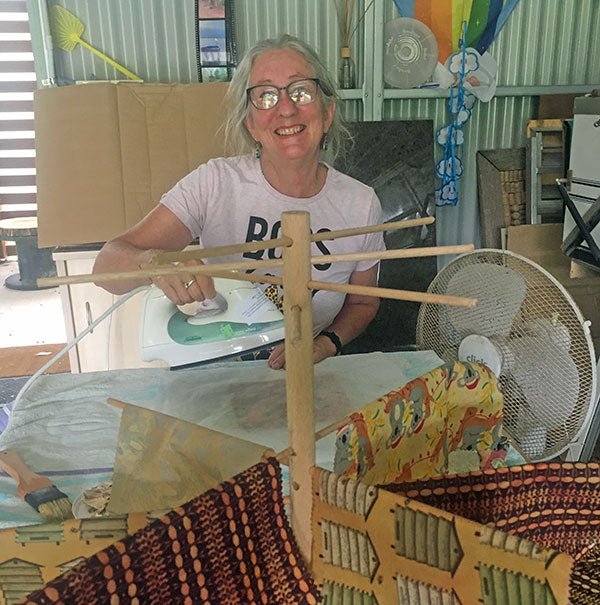
Kathy Lynch in Queensland, Australia
Kathy Lynch in her studio I live on 45 acres of beautiful land on the Sunshine Coast with an abundance of forests, cree...
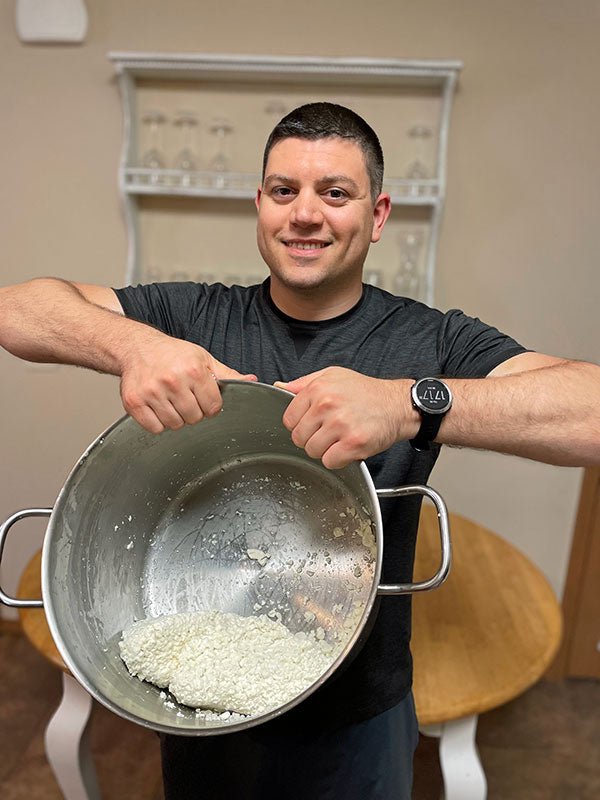
Erol Sozen in Bloomington, Illinois
Erol Sozen Erol comes from Turkey, a country where cheese is highly valued. Most of the cheese there is the kind Erol m...
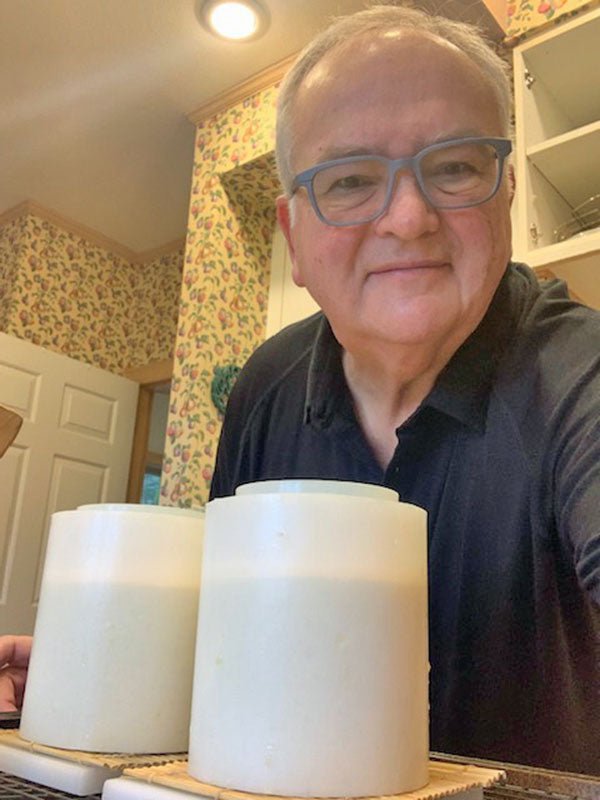
Dennis Woods in Portland, Oregon
Dennis with Tomme, after light press They say if you want to get something done, ask a busy person. It’s true. I asked...
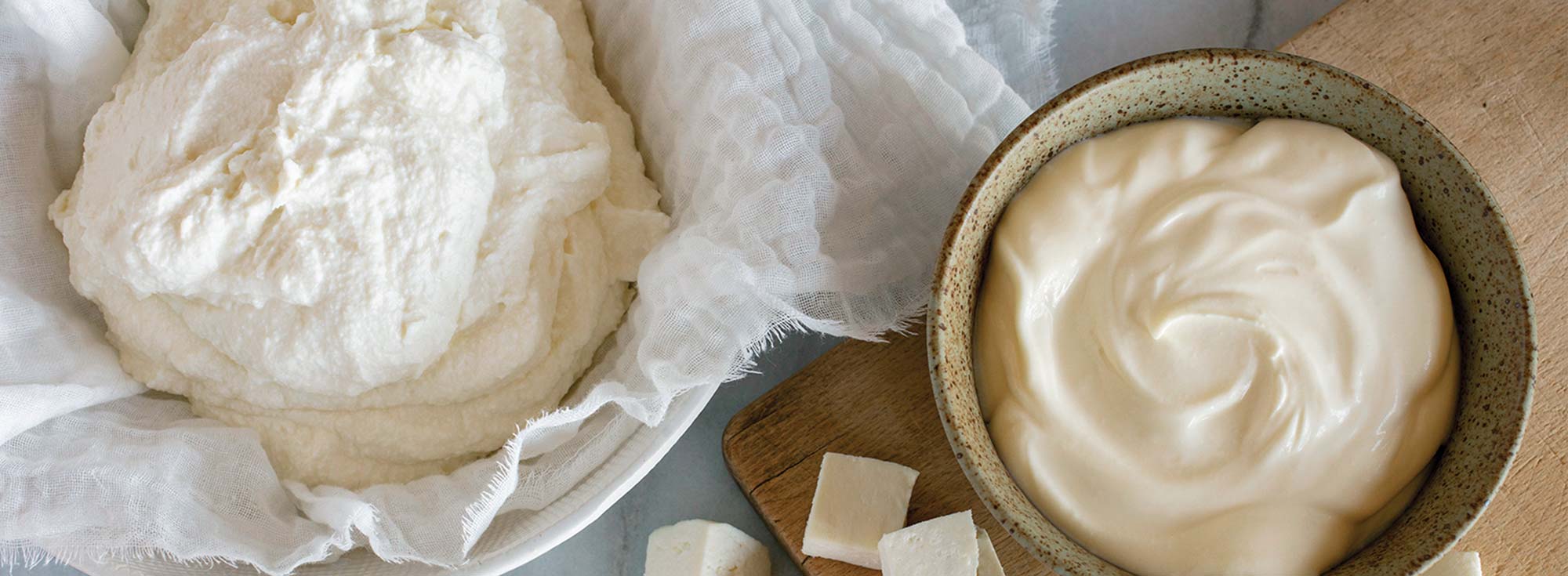
All you need is milk
Cheese Making Kits
Discover the joy of cheese making with our all-inclusive kits, perfect for making a variety of cheese. Whether you're a novice or looking to surprise someone special, these kits offer a simple and enjoyable way make cheese at home.
Shop KitsCheese Making Supplies



